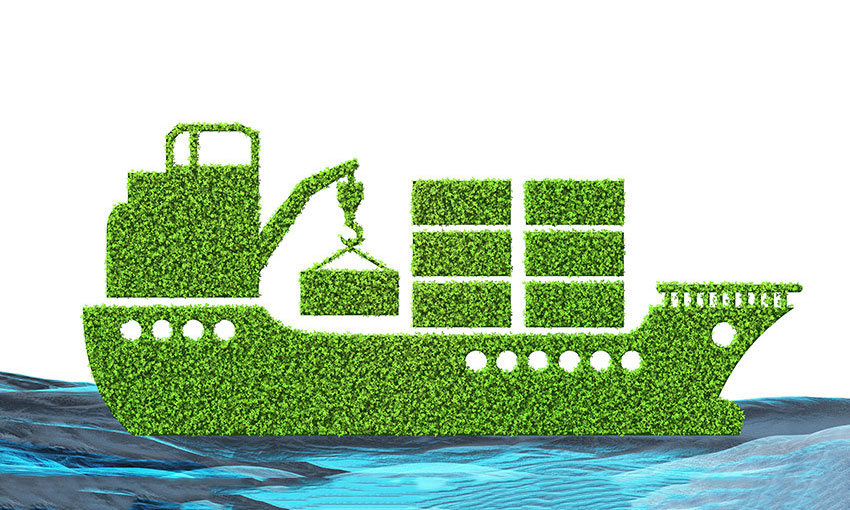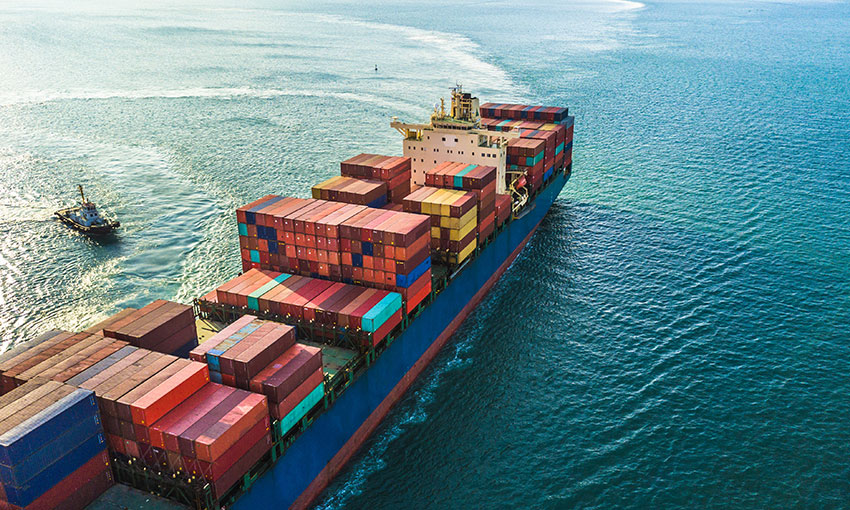THE SHIPPING industry’s window of opportunity to meet its 5% zero-emission fuel target by 2030 is closing soon, according to a new report.
The report from UMAS, the Getting to Zero Coalition and Race to Zero suggests it is possible for scalable zero-emission fuels to make up 5% of international shipping fuels by 2030, but the industry needs to take “rapid action”.
Climate Action in Shipping, Progress towards Shipping’s 2030 Breakthrough found zero-emission fuel production currently in the pipeline could end up covering a quarter of the fuel needed to “deliver a breakthrough”.
But it said if more projects are successful, zero-emission fuel production could be up to twice as much as is needed, even when accounting for other sectors’ fuel needs.
UMAS consultant and lead author of the report Domagoj Baresic said the last 12 months have seen a positive shift in maritime decarbonisation efforts.
“Now is the time to see strong progress in terms of commitment for zero carbon fuels and freight from the industry so that the needed rapid scale-up of these fuels in the energy mix is achieved,” Dr Baresic said.
Global Maritime Forum project director Jesse Fahnestock said with the revision of the IMO’s greenhouse gas strategy, the industry’s direction is clear.
“Especially in these early years, we need to be able to assess how fast we’re moving in that direction. This report shows that the industry is progressing, but that action still needs to accelerate.”
Global Maritime Forum said the report is a milestone on the road to COP28 in Dubai later this year, providing a stocktake of progress. GMF said it evaluates the shipping breakthrough goal against five key levers for change: technology and supply, finance, policy, demand and civil society action.
Razan Al Mubarak, UN Climate High-Level Champion for COP28, said the IMO has “led with ambition” and the maritime sector is now ready to cut emissions and boost green growth, particularly for developing nations.
“Dominant trading nations have a monumental opportunity to regain our stalled climate momentum by scaling the efforts that leading vessel owners, operators and shipping manufacturers have already begun,” she said.
“These urgent actions are also very important to protect nature and our oceans, unlocking a myriad of benefits for coastal communities across the globe.”
And Mahmoud Mohieldin, UN Climate Change High-Level Champion for COP27, said the 175 member states need to create incentives for businesses and investors to implement zero-emission ships and freight services.
“Although there is progress towards its 2030 breakthrough target – for zero-emission fuels to make up 5% of international shipping’s energy demand by 2030 – we need to see policy makers create incentives for scaling up, for example, green hydrogen,” Dr Mohieldin said.
“The alignment of advances in technological innovation, supportive policies, and collaboration across the value chain, while recognising the differing challenges that developing countries face and the need for means of implementation, will be key for successfully moving towards a healthier, more resilient, zero-carbon world.”





